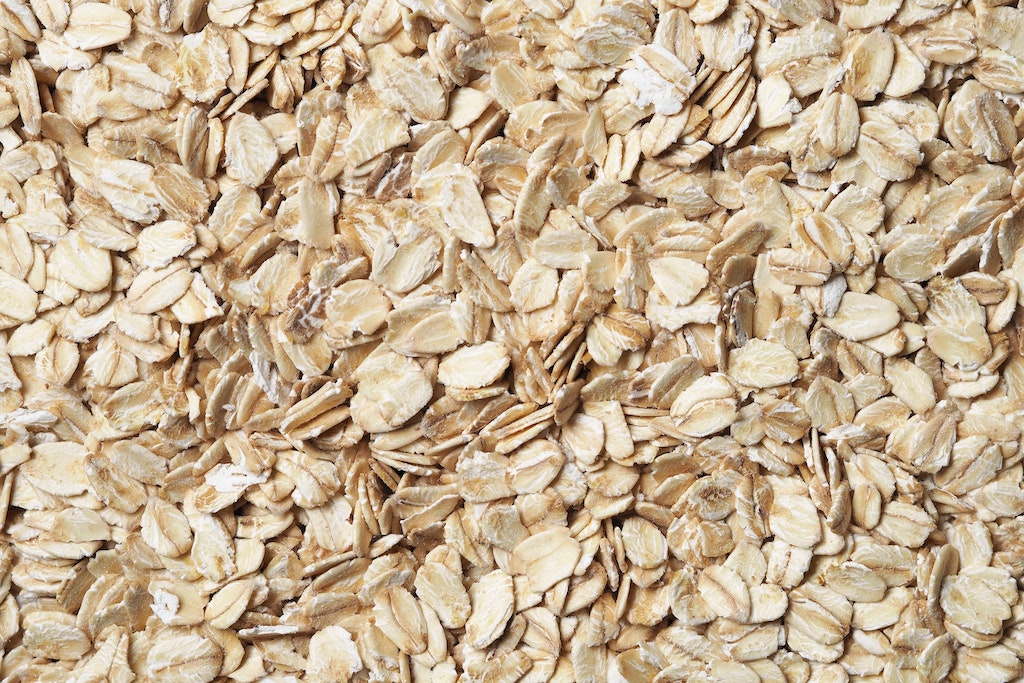4 Mins Read
Researchers in Denmark will soon kickstart a six-year project to create an entirely new category of climate-friendly plant-based proteins using fermentation technology. Called Proferment, the project is being backed by the Novo Nordisk Foundation and will bring scientists from the University of Copenhagen, Technical University of Denmark and Utrecht University in the Netherlands together.
Proferment is set to begin in January 2022 and will represent a “major food science initiative” to invent a “completely new category” of climate-friendly, sustainable and delicious plant-based alternatives to animal protein sources. Over the six-year project led by Professor Dennis Sandris Nielsen of the department of food science at the University of Copenhagen, researchers from all three universities will build the fundamental microbiological knowledge necessary to create this new category of plant-based foods.
The research is being funded by global medical research and treatment foundation Novo Nordisk Foundation, who has provided Proferment with a 56 million DKK (~US$9.1 million) grant.
The key technology that the scientists will focus on is fermentation, which will help optimise plant-based raw material into ingredients and real alternatives to animal protein. Proferment will focus on using yellow peas and oats – two high-protein crops easily grown in the northern hemisphere and currently used for animal feed – and ferment them with Bacillus bacteria and other microorganisms to make them more flavourful and long-lasting.

We lack methods for making plant-based alternatives to meat that are treated more naturally and can be described as clean label.
Professor Dennis Sandris Nielsen, Department of Food Science, University of Copenhagen
“We will use fermentation…so that the nutrient content and nutrient availability is increased, while creating flavours and textures that are appealing to us humans and provide a good eating experience,” explained Nielsen.
“It is fantastic that we now have six years to do the fundamental microbiological research that will form the foundation for an entirely new food category. This should make it much easier for us to eat in a much more climate-friendly way that is also healthy, while potentially allowing us to reduce greenhouse gas emissions.”
One of the key focus issues that the project will address is recreating the enjoyment that consumers experience with eating animal meat, from the flavour to mouthfeel.
“[Meat] has a really good nutritional composition as well as some flavour components and a mouthfeel that, perhaps for evolutionary reasons, we really like,” said Nielsen. “If we have to eat less meat, there is no point in trying to suppress these desires. We want to find some plant-based alternatives to meat that do not necessarily look like meat, but which offer the same enjoyment of food that meat provides for many of us.”
In addition, Proferment hopes to create plant-based alternatives to animal protein that are more nutritious than existing options on the market, which tend to be highly processed, although the clean label movement is quickly picking up speed with players like Beyond Meat, Heura and new startups like Plantcraft appealing to consumers with healthier products.

“Many consumers prioritise the environment, but at the moment they have to settle for highly processed meat alternatives,” shared Nielsen. “We lack methods for making plant-based alternatives to meat that are treated more naturally and can be described as clean label.”
We aim to design microbial consortia that when used for fermenting the plant materials creates as many positive effects as possible by using methods that are as sustainable as possible.
Professor Dennis Sandris Nielsen, Department of Food Science, University of Copenhagen
The idea is to use fermentation technology with Bacillus and other moulds to help improve various functional qualities and nutritional aspects of plant-based crops, which can in turn create better-for-you alternatives for consumers.
“We want to make use of fermentation,” said the professor. “Bacillus in combination with the moulds come into the picture as tools to increase digestibility and the content of essential amino acids.”
“We aim to design microbial consortia that when used for fermenting the plant materials creates as many positive effects as possible by using methods that are as sustainable as possible.”
Research into creating healthier plant-based alternatives is likely to pick up speed in the months ahead, with food scientists led by Professor David Julian McClements at the University of Massachusetts Amherst also looking to improve the nutritional profile of plant-based meat, fish, milk, cheese and egg products while also tackling the problem of cost, convenience and taste.
Lead image courtesy of Deposit Photos.




